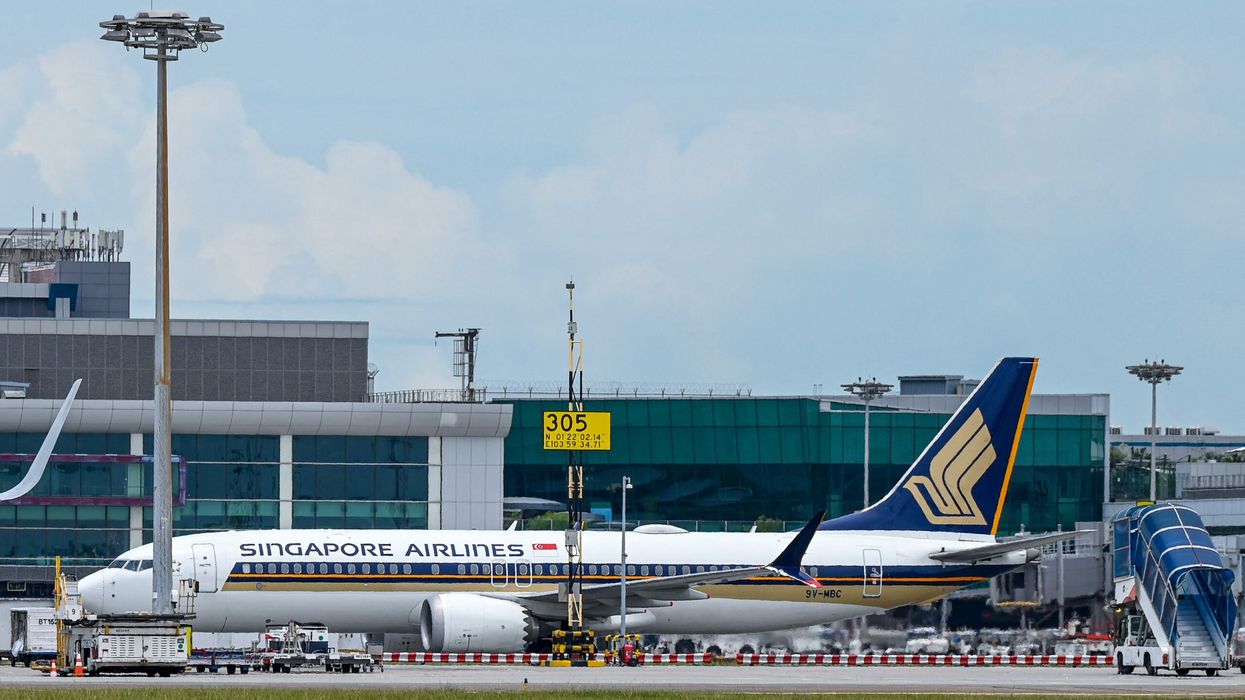SINGAPORE has introduced a passport-free immigration process at all four Changi Airport terminals, officials announced on Thursday.
Under this system, Singapore citizens, permanent residents, and long-term pass holders can clear immigration using only their facial and iris biometrics, eliminating the need for a passport at these checkpoints.
Children below six years old are currently excluded from using the automated lanes for immigration clearance.
Foreign visitors can also use the biometric clearance when departing from Singapore, as their biometric data is collected upon arrival, according to the Immigration and Checkpoints Authority (ICA).
The ICA clarified that while biometric exit clearance is available, all foreign visitors must still carry their passports when entering Singapore, as these may be required in other countries upon departure.
Senior assistant commissioner Alan Koo, Commander (Airport) at ICA, stated that this initiative has reduced the average clearance time per traveller by 60 per cent, down from 25 seconds to 10 seconds.
“With automated clearance being the norm at our checkpoints, our officers are now redeployed to take on higher-value job roles, such as interviewing and profiling, to safeguard Singapore's borders,” Koo said.
The biometric system is expected to be extended to the Marina Bay Cruise Centre in December, according to a report by Channel News Asia.
(With inputs from PTI)




